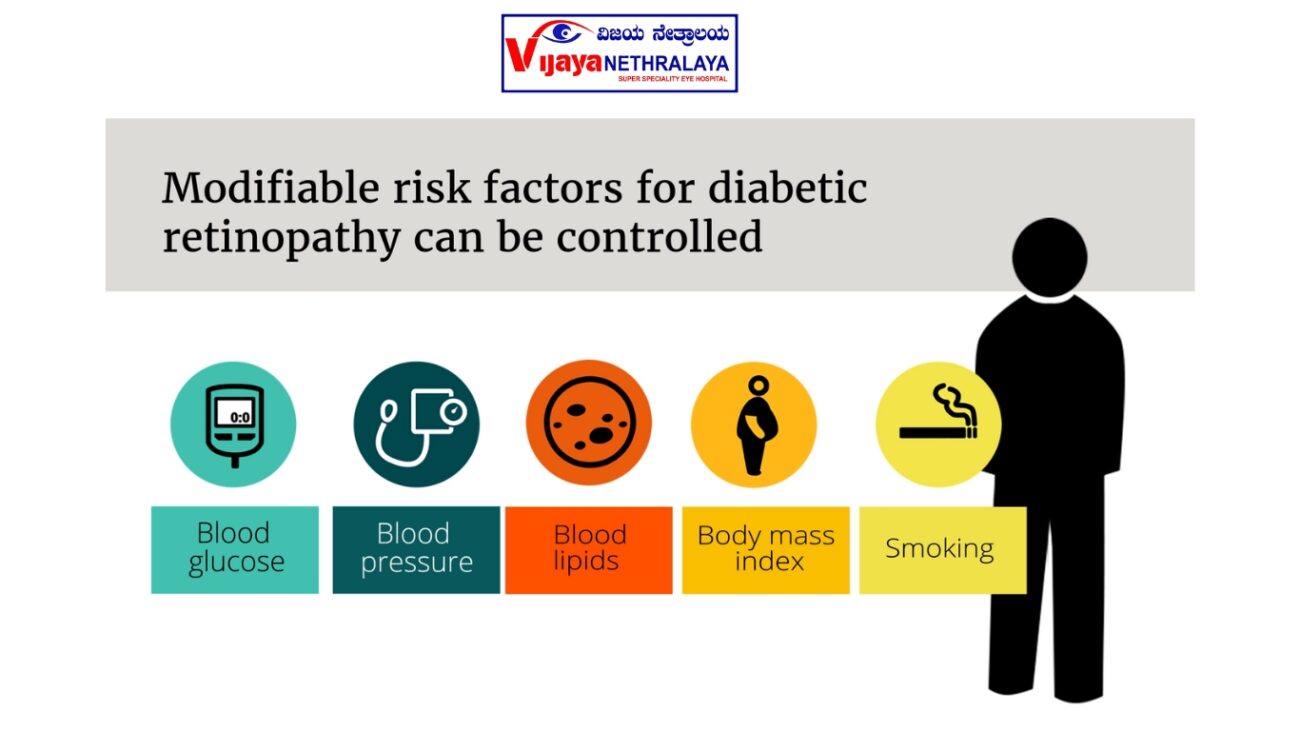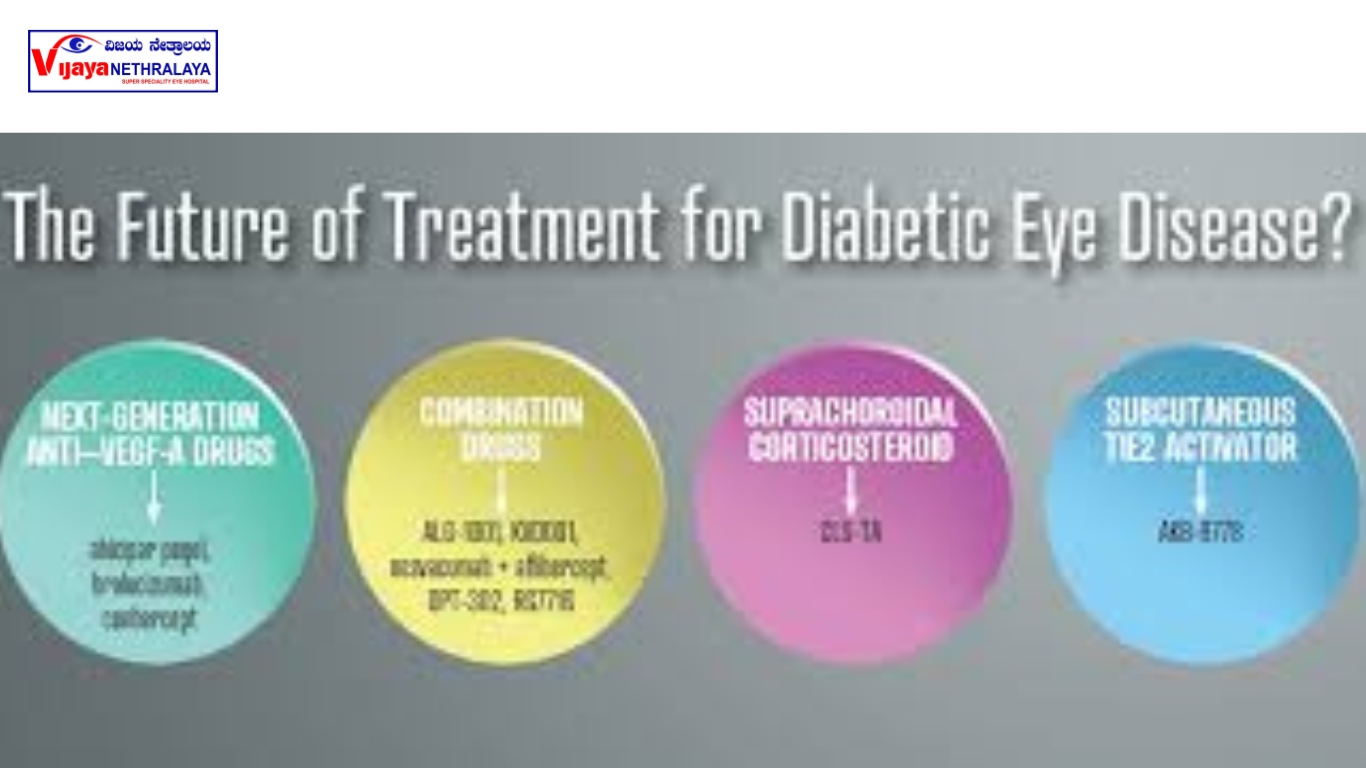Introduction:
Imagine a world without the fear of losing your vision to diabetes. Surprisingly, it may seem like a distant dream, but with the right knowledge and lifestyle changes, you can take significant steps towards preserving your eyesight. In this article, we will explore the crucial connection between diabetes and eye health and delve into effective strategies for reversing the impact of diabetes on your eyes.
Understanding Diabetes:
What is Diabetes?
Diabetes is a chronic medical condition that occurs when the body’s ability to produce or use insulin, a hormone responsible for regulating blood sugar, is impaired. As a result, the blood sugar levels become elevated, leading to various health complications. Before we delve into the details, let’s grasp the link between diabetes and eye health. Elevated blood sugar levels in diabetes can lead to damage in the blood vessels of the retina, resulting in diabetic retinopathy. Additionally, uncontrolled diabetes may contribute to the development of cataracts and glaucoma.
Risk Factors for Diabetic Eye Complications:
Not all individuals with diabetes will develop eye complications; however, certain risk factors increase the likelihood. These factors include prolonged diabetes duration, unmanaged blood sugar levels, high blood pressure, and genetics. By understanding these risk factors, individuals can be empowered to take proactive steps toward protecting their vision.

The Role of Blood Sugar Management:
Proper blood sugar management is the cornerstone of diabetes care. By monitoring blood glucose levels regularly and adhering to a diabetes-friendly diet, individuals can significantly reduce the risk of diabetic eye complications. Consult with your healthcare provider to develop a personalized diabetes management plan.
Importance of Regular Eye Examinations:
Regular eye examinations are essential for individuals with diabetes. These examinations can detect early signs of diabetic eye issues, allowing for timely intervention and preventing further damage. Aim to schedule comprehensive eye check-ups at least once a year.
Lifestyle Changes for Preventing Diabetic Eye Complications:
Incorporating lifestyle changes can play a pivotal role in safeguarding your eyes. Quitting smoking, maintaining a healthy weight, and being physically active are lifestyle modifications that positively impact diabetes and eye health.
Medications and Treatments for Diabetic Eye Issues:
In cases where diabetic eye complications have already developed, several medical treatments are available to address the condition. Firstly, laser therapy can be employed, which involves using focused beams of light to treat specific areas of the retina. Additionally, anti-VEGF (Vascular Endothelial Growth Factor) injections are an option. These injections help inhibit the growth of abnormal blood vessels in the retina, mitigating the effects of diabetic retinopathy. Another treatment approach involves the use of corticosteroids, which can help reduce inflammation and edema in the eyes, thereby slowing down or even reversing the progression of diabetic retinopathy.

Surgical Options for Severe Cases:
In advanced diabetic eye conditions, surgical interventions may be necessary. Procedures like vitrectomy and cataract surgery can address severe cases and improve vision.
Tips for Living with Diabetes and Maintaining Eye Health:
Living with diabetes requires diligence and care. Regularly monitoring blood sugar levels, taking prescribed medications, and attending medical appointments are essential for overall well-being, including eye health.
Diet and Nutrition for Eye Health:
A balanced diet rich in nutrients like omega-3 fatty acids, lutein, zeaxanthin, and vitamins C and E can support eye health. Incorporate leafy greens, citrus fruits, nuts, and fish into your diet to nourish your eyes.
Exercise and Its Impact on Diabetes and Eye Health:
Physical activity not only aids in diabetes management but also benefits the eyes. Additionally, engaging in regular exercise can improve blood circulation and reduce the risk of eye complications. By incorporating physical activity into your daily routine, you can take proactive measures to support both your diabetes control and eye health.
The Psychological Aspect of Living with Diabetes and Eye Issues:
Living with a chronic condition like diabetes can take a toll on mental health. Seek support from friends, family, or support groups to cope with the emotional challenges.
Holistic Approaches to Diabetes Management:
In addition to conventional treatments, holistic approaches like yoga, meditation, and stress-reduction techniques can complement diabetes management and promote eye health.
The Future of Diabetes Treatment and Eye Health:
Medical advancements are continuously being made in diabetes treatment and eye health. Consequently, staying informed about new therapies and technologies that may enhance diabetes management and preserve vision is crucial. With ongoing research and innovation, patients with diabetes can benefit from cutting-edge treatments.
Author Details:
Dr. Sherina Thomas Expertise in diagnosing and treating all types of medical retinal diseases including Diabetic Retinopathy, Age-related macular degeneration, other vascular diseases of the retina with special interest in inherited retinal disorders. Surgically trained to manage Rhegmatogenous Retinal Detachment, Tractional Retinal Detachment, Macular Hole, Epiretinal Membrane, Scalarly fixated Intra ocular lens implantation. Expert in diagnostic modalities like Fundus Fluorescein Angiography, Indocyanine Angiography, Optical Coherence Tomography, and B scan.

Conclusion:
In conclusion, reversing diabetes for eye health is an achievable goal with dedication and the right approach. By managing blood sugar levels, adopting a healthy lifestyle, and seeking regular eye check-ups, individuals with diabetes can protect their precious gift of sight.
FAQs:
- Can diabetes-related eye complications be completely reversed?
- While complete reversal may not always be possible, early detection and appropriate interventions can significantly slow down the progression and preserve vision.
- Is diabetic retinopathy treatable with medications?
- Yes, certain medications, such as anti-VEGF injections, can be effective in treating diabetic retinopathy.
- Can I prevent diabetic eye complications through diet alone?
- A balanced diet is crucial, but it should be combined with other diabetes management strategies, such as regular exercise and medications.
- Are there any natural remedies for diabetic eye issues?
- Some natural remedies, like bilberry extract and ginkgo biloba, have shown potential in supporting eye health, but consult with your doctor before using them.
- What can I do to support a loved one with diabetes and eye complications?
- Offer emotional support, encourage healthy habits, and accompany them to medical appointments to show your care and commitment to their well-being.

